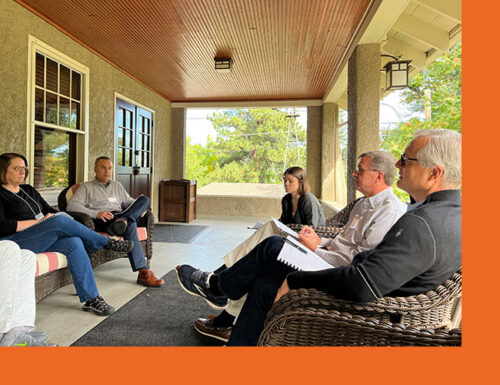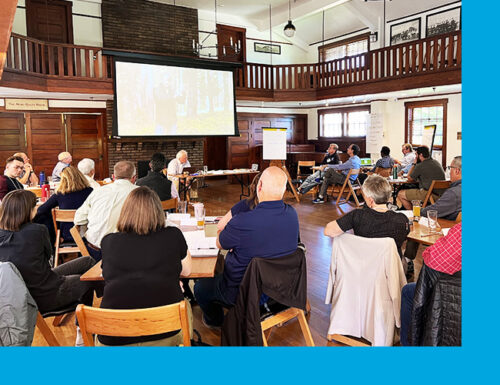Next Event
Details Coming Soon
Stay tuned to ECL’s stakeholder emails and this page for the latest information on our 2026 events.
2026 Events
Transforming the Regulatory System
June 10 & 11 (Tentative)
Washington, DC
This summit will focus on the regulatory system, policy and processes of the U.S. and take a deep dive exploring the wicked problem of regulatory reform and the role the engineering community can play leading transformational efforts in pursuit of an abundant and prosperous future. The summit will examine changes that are needed to:
- Inject “wisdom” back into regulations and the regulatory process and re-energize America’s “producer culture” (Klein).
- Foster innovation as well as build and deploy capacities needed to address critical societal and engineering grand challenges.
- Rebalance “safety and risk” within engineering practice and technological innovation. (From precautionary/hyper-cautious thinking to proactionary/smart choices balancing uncertainty and risk with opportunity and benefits.)
Storytelling and Engineering Practice
December 2 & 3 (Tentative)
Location – To Be Determined
This summit will focus on the power of storytelling and narratives in engineering practice. The session will explore this potential and how stories and narratives are increasingly being used to:
- Evoke visioning and strategic thinking
- Create future scenarios and engage in worldbuilding
- Communicate effectively with customers, clients, policy makers, etc.
- Engage and build trust with users and stakeholders
- Change hearts and minds
Learning Objectives for ECL Summits
Learning objectives for participants in our summits include helping members of the engineering community to be able to:
- Perceive and address systemic challenges and dynamics.
- Imagine and explore possible futures.
- Take responsibility for action and catalyzing change.
- Pursue positive change strategies within organizations and communities.
- Adopt and evolve an ethic of stewardship of technology and nature on behalf of society.
About Our Events
Each year, Engineering Change Lab–USA (ECL) hosts virtual summits and in-person summits. We convene to learn from thought leaders, share perspectives, provoke new ways of thinking, deepen understanding of engineering’s emerging future, and launch experiments and focused initiatives.
Contact us to learn more about how you or your organization can engage with and benefit from ECL events.
Anyone who is connected to the engineering community is welcome to join us — no membership is required.
Get in Touch
Knowledge Hub
We are committed to sharing knowledge across the entire engineering community. Explore the resources below to access ideas from our past events.
Explore the Knowledge Hub
